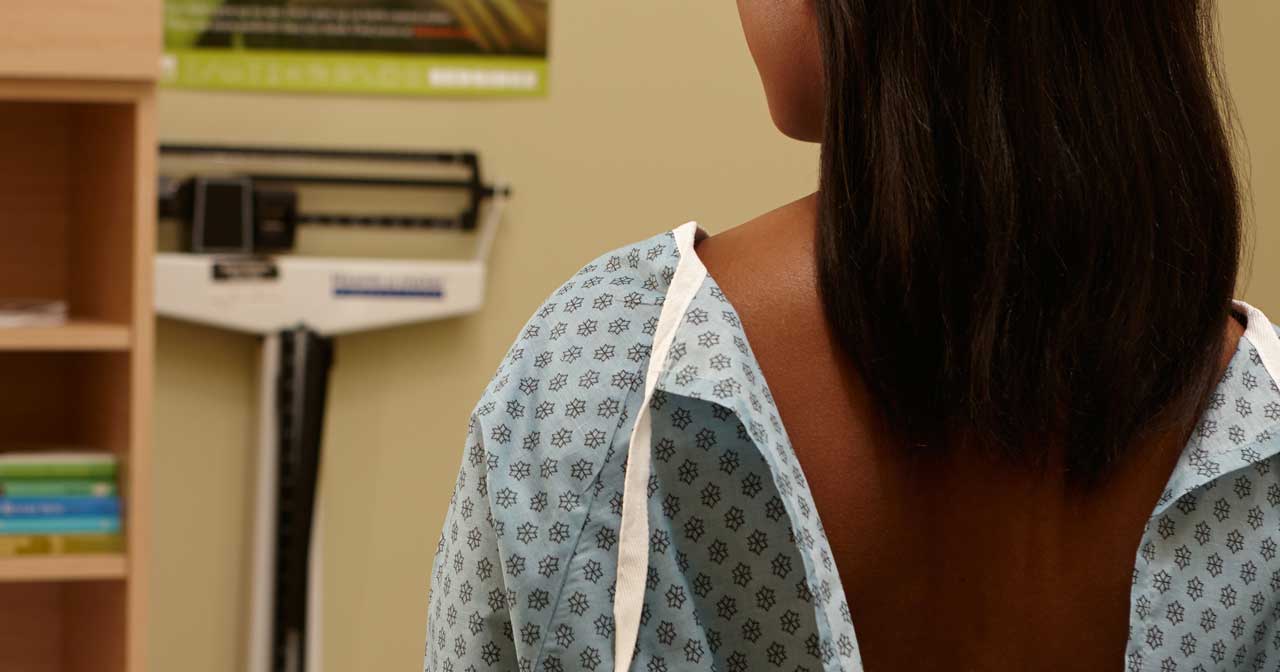5 myths about living with HIV, busted
If you’re one of the 1.2 million HIV-positive people in the U.S., you can have a long, healthy life.

Today in the U.S., about 1.2 million people are living with HIV. Just like other sexually transmitted infections (STIs), there is no way to tell if someone is living with HIV just by looking at them. And just like other STIs, there are plenty of other myths about what it means to live with this virus.
Myth 1: If I have HIV, I can’t have sex with someone who doesn’t have HIV.
People with HIV can have normal, healthy sex lives with partners who are HIV-negative. Disclosing your status to a new or current partner may feel very difficult, but it is an important discussion to have. Couples in this situation may use any or all of these strategies to decrease the odds of transmission:
Protected sex. Condoms are a great way to decrease the risk of giving HIV to a partner.
Anti-retroviral (ARV) medications. If an HIV-positive partner takes these medications consistently and a health care provider confirms that the virus is suppressed, the risk of giving HIV to a negative partner is very low—although still not zero. (See Myth 3 below.)
Pre-exposure prophylaxis, or PrEP for short. This is the latest innovation in HIV prevention. An HIV-negative partner can take a daily PrEP pill, which reduces the risk of getting HIV. Currently, PrEP is recommended for people who have a high chance of getting the virus, either because they have multiple sexual partners, have one partner who is HIV-positive, or use IV drugs and share needles.
Myth 2: If my partner and I are both HIV-positive, we don’t have to use a condom.
It’s important to use condoms to protect one another from pregnancy as well as other STIs. If both partners are on ARVs, the risk of reinfection (or “superinfection”) is low. The issue of reinfection is a complex one because there have only been a few cases and it’s not clear how often this occurs. If an HIV-positive person is infected with a new strain of the virus, his or her current medications may no longer be effective against this new strain.
Myth 3: I’m HIV-positive and taking medications, so I can’t spread the virus.
Taking ARV medications as prescribed can lead to viral suppression—which your health care provider can help confirm. Viral suppression means that there are very, very low levels of virus in the body. It does not mean that the virus is not there. So although the risk of giving someone HIV once you’ve reached viral suppression is low, it’s not zero.
Myth 4: If you’re HIV-positive, you can’t have kids.
HIV doesn’t affect a woman’s ability to get pregnant, so birth control is still an important tool if you’re HIV-positive. For a woman living with HIV, birth control may be even more important, because planning ahead means that she can take medications that will greatly reduce the baby’s chance of being born with the virus. When a woman with HIV takes ARV medications during pregnancy, her baby has only a 2% chance of being born with HIV.
Unfortunately, breastfeeding can also transmit HIV, therefore we recommended that mothers in the U.S. avoid breastfeeding and use formula instead. In other countries, the guidelines for HIV-positive mothers and breastfeeding are different, sometimes because poor nutrition is a greater risk than transmitting HIV through breastmilk.
Myth 5: There’s a cure for HIV.
Unfortunately, like many other viruses, there is no cure for HIV—although researchers are working on it! The good news is that we’ve made an incredible amount of progress with HIV care in the past 30 years. There are medications that make it possible for HIV-positive people to live long and healthy lives. And researchers are working on creating a vaccine that would protect people from HIV, just like our vaccines for measles and HPV.
Staying healthy when HIV-positive takes some extra interaction with health care providers. Things like regular check-ups to make sure medications are working and staying up-to-date on vaccinations and cancer screenings become extra important. If you or someone you care about is living with HIV and needs help getting access to affordable care, check out these resources:
How do you feel about this article?

Heat up your weekends with our best sex tips and so much more.